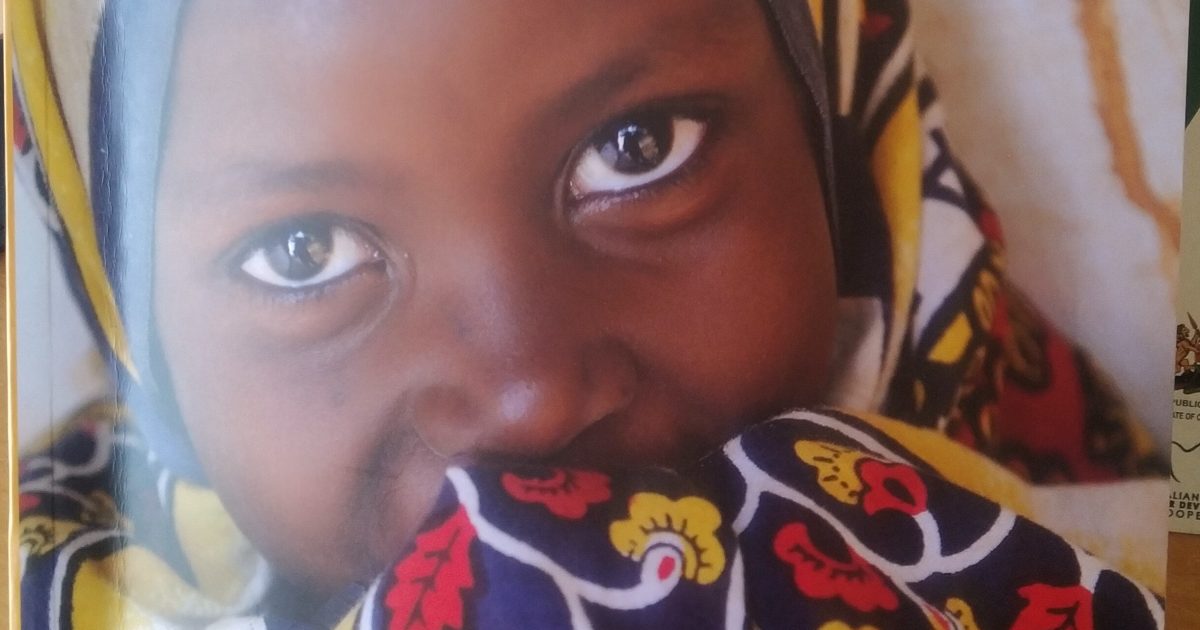The government has been working towards moving children from being institutionalized to home care through reforms.
With a new Children Act and guidelines, the government intimates that family is a nurturing and caring environment and is the ideal place in which to raise a child.
Currently there is a moratorium in place on the registration of new institutions and the Children Act, 2022 also gives priority to family-based alternative care as opposed to institutionalization of children in Children Homes.
Speaking in Kiambu Sub County during the formation of the Care Reform Committee. Kiambu County Children Co-ordinator (CCC) Mrs. Rose Mbarine said that although children’s institutions in place have been doing a good job, it is time that the country moved to home care.
“We do not want to demonize institutions that have been taking care of children over 100 years in the country. The government is moving towards family home care as the best environment for a child to grow in,” she said.
She explained that in most situations matters such as poverty, abandonment, parental irresponsibility are the major factors of the children ending up at the institutions but also said in extreme cases violence against the children, battering and defilement but all these require and can be address if all stakeholders can synergize and give children favorable environment to thrive.
Mbarine noted that Kiambu has round 100 institutions, the second highest number in the country after Nairobi and all these will require that care reforms that will see family and communities investing more on care rather than the institutions.
“As a government we want to set a good example for the few homes we have since most charitable children institutions are privately owned so that we transition from keeping children in these homes and embracing the family care for the children”, she said .
In order for the care reform to be a success, the children’s coordinator said it will require government, private players, churches and communities to succeed.
Mbarine said that they have developed a care reform strategy that was launched nationally in June running from 2022-2032 with activities that will assist in the transition according to the interest of a child.
Speaking during the launch of the committee, Kiambu Children’s Court Principal Magistrate Manuela Kinyanjui said as a judiciary they are embracing the care reforms and that it was time for all stakeholders involved to serve the interests of the child.
“Courts should be the last resort for children. We want to avoid committing children or even remanding them in institutions. Let families, relatives and even communities embrace the children,” she said.
Ms. Kinyanjui explained that as a judiciary, they want to avoid cases of children since the justice system is really not a good environment for children unless in extreme circumstances.
The Principal Magistrate further called on parents to avoid children especially in their custody cases as these matters are sensitive and children end up being traumatized.
Peter Kamau from Child in Family Focus said their work is advocacy in supporting children’s homes on home care as an alternative option other than institutionalization.
“Foundation, consistent care and attachment to parental figure are fundamental aspects that build up a child’s formative year and form critical foundation for the future years of children”, he said noting that or every three months that a child under the age of 3 years and below is placed in an institution, they usually loos one month of development.
Kamau explained that care reform is a change process and it will not be a one day affair adding that the new Children’s Act that was official launched in June recommends that care reform committees be formed in every county and Sub-County to help guide and oversee the implementation of alternative family care.
“The train left the station. We are supporting the children homes and we are not bashing them but showing that now there is a different and alternative way to children home care guided by the Children’s Act which provides for parental responsibility and contains continuum provisions for the protection and care of children such as prioritization of family-based care through fostering, adoption, custody, maintenance, guardianship, kinship care and kafalah.
So far as an organization, Kamau said they have been working with the Kiambu Sub County, the churches and also community leaders to make family care a reality and at the moment over 10 children from the children’s home have been embraced under the home care.
Kenya is estimated to have 3.6 million children who are orphans and classified as vulnerable. Of these 646,887 children are double orphans and approximately 45,000 children live in over 800 charitable institutions in the country.
The new law on children was signed by President Uhuru Kenyatta and took effect in July this year.
By Wangari Ndirangu




